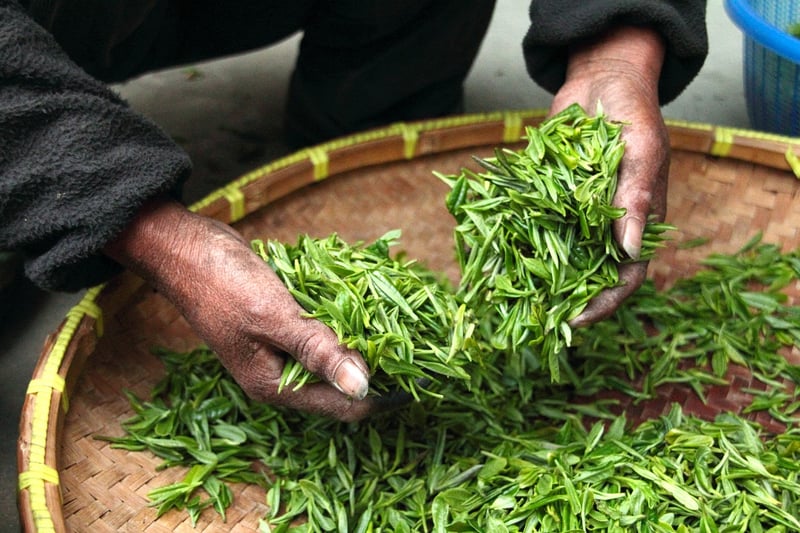Rainwater Harvesting
Environmentally Friendly Gardening Methods + Rainwater Harvesting
Introduction
Gardening is a wonderful way to connect with nature and enjoy the outdoors. By incorporating environmentally friendly gardening methods and rainwater harvesting into your routine, you can help reduce your carbon footprint and create a more sustainable garden. Let's explore some eco-friendly practices you can implement in your garden.
1. Mulching
Using organic mulch such as wood chips, straw, or compost can help retain moisture in the soil, suppress weeds, and improve soil health. Mulching reduces the need for watering and chemical fertilizers, making it an eco-friendly choice for your garden.
2. Companion Planting
Companion planting involves growing different plants together that benefit each other. For example, planting marigolds alongside tomatoes can help repel pests naturally, reducing the need for pesticides. This method promotes biodiversity and creates a healthier ecosystem in your garden.
3. Rainwater Harvesting
Rainwater harvesting is the practice of collecting and storing rainwater for later use in your garden. By installing a rain barrel or a more elaborate rainwater harvesting system, you can reduce your reliance on municipal water sources and lower your water bills. Rainwater is also free of chlorine and other chemicals, making it ideal for watering plants.
4. Composting
Composting kitchen scraps and yard waste is an excellent way to reduce waste sent to landfills and create nutrient-rich soil for your garden. Compost adds essential organic matter to the soil, improving its structure and fertility. By composting, you can minimize the need for synthetic fertilizers and promote a healthy garden ecosystem.
5. Integrated Pest Management (IPM)
Integrated Pest Management is a holistic approach to pest control that emphasizes prevention and uses environmentally friendly methods to manage pests. This can include introducing beneficial insects, practicing crop rotation, and using natural pest deterrents like neem oil. IPM helps maintain a balanced ecosystem in your garden without relying on harmful chemicals.
Conclusion
By adopting environmentally friendly gardening methods like mulching, companion planting, rainwater harvesting, composting, and Integrated Pest Management, you can create a sustainable garden that benefits both the environment and your plants. These practices not only reduce your environmental impact but also promote biodiversity and create a healthier, more vibrant garden space.
Remember, small changes in your gardening routine can have a big impact on the planet. Start implementing these eco-friendly methods today and watch your garden thrive in harmony with nature!

For more information on rainwater harvesting, you can visit EPA's Rainwater Harvesting page.
